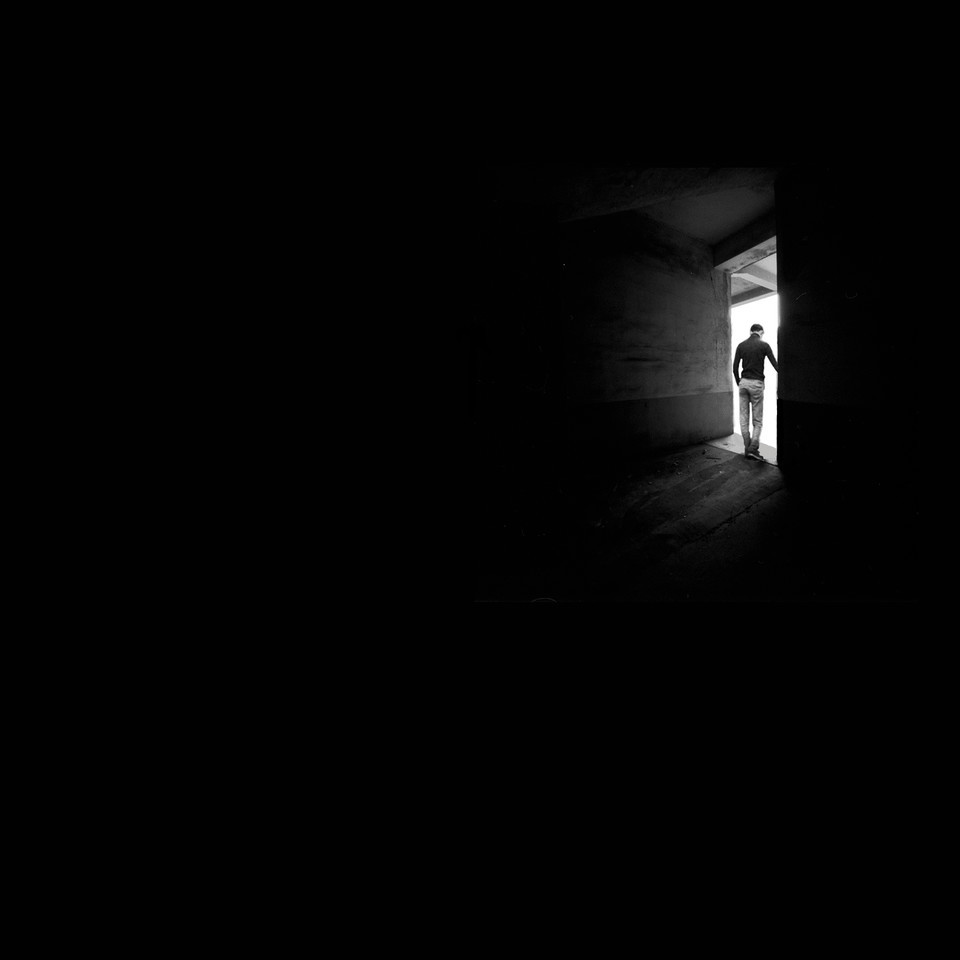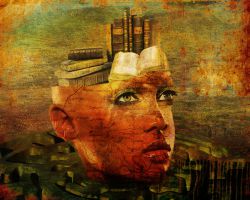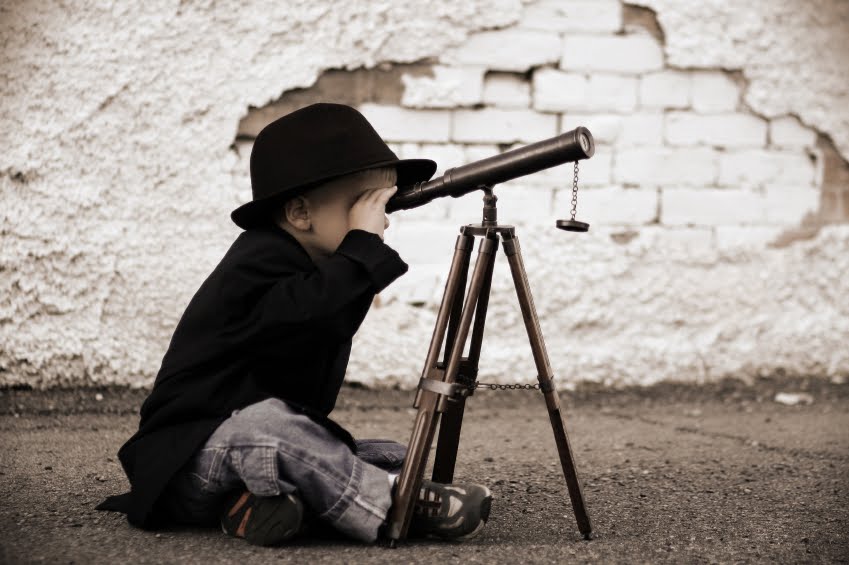The land is bathed in beauty as the sun, giving its last warmth on an ineffably clear and lovely winter’s afternoon, slides toward the horizon.
 The little creek that flows for half the year along the periphery of the town is very high, and has overrun its banks in the last few days. It’s receded enough for me to sit beside the surging waters until the mind-as-thought yields to the awareness of Mind.
The little creek that flows for half the year along the periphery of the town is very high, and has overrun its banks in the last few days. It’s receded enough for me to sit beside the surging waters until the mind-as-thought yields to the awareness of Mind.
Strange how stillness contains all movement, how silence holds all sound, and how light dispels all darkness.
The darkness of man is completely unrelated to the darkness of night, or even the blackness of black holes in the universe. The darkness of man is uniquely and totally his own.
Truly, fearlessness and love is the essence of things. Why then is the fearlessness and love that permeates the universe the exception and not the rule, even for one who meditates daily?
What’s true of the individual in microcosm is true of sentient species in macrocosm: each must dispel their own darkness, awakening and igniting the light that has no darkness.
Our ancient anchors of security–the tribe, clan and nation, as well as the old belief systems and traditions—have become sources of division, conflict and insecurity.
Science, with its accretion of verifiable knowledge, would seem to provide a new and true foundation for the human being. But it isn’t, and it cannot.
Human beings have an innate requirement for mystery. We will invent mystery if we’re not faced with it or experiencing it. Science, with the implicit hubris that it can explain everything, has systematically eroded the mystery of life.
Science lacks insight into the nature and place of knowledge. That is, science has a huge epistemological problem.
In the unending pursuit of knowledge, scientists don’t know what the place of knowledge is.
Even to say, ‘what the place of knowledge is’ is heretical to a rationalist and empiricist. Knowledge, they believe, is what makes us human. The more knowledge we have, the greater our understanding of the earth, the universe and ourselves.
Ironically, the evidence doesn’t support equating knowledge with understanding. And I think is a great part of the reason so many people are turning back to supernatural beliefs, and denying the fact of evolution.
But it isn’t just willfully ignorant religious fundamentalists who refuse to accept the fact of evolution as fact (it makes about as much sense to speak of the ‘theory of evolution as the ‘theory of gravity’).
As Scott D. Sampson, a Canadian paleontologist has written, “the widespread failure to understand evolution is intimately tied to the dominant mechanistic worldview…with its strong bias toward viewing nature as something to be dominated rather than respected—a bias that has contributed directly to our current sustainability crisis.”
If you take a machine apart, study its parts, and put it back together again, you can say you understand the machine. But as much as the human body or any other living system behaves like a machine, nature cannot be reduced to its parts. We are not machines, and nature is not a mechanism.
So the fallacy is that in explaining the mechanisms of nature, scientists have come to think of nature as a machine. This is a profound mistake. And it’s a main reason why scientific discoveries such as gene editing are producing a sense of dread in reasonable people.
The wise use of a discovery is contingent on an understanding that supersedes it. Obviously, the wise use of gene editing is not automatically conferred by the power science gives to alter our DNA.
The explanatory power of science, falsely equated with understanding, has fostered human hubris.
There’s also a subtle syllogism at work: Understanding is a function of knowledge. Science increases our knowledge. Therefore more knowledge means more understanding.
But understanding is not a function of knowledge. Accurate knowledge of how the body works enables medicine to do incredible things, and intervene when things go wrong. But medical knowledge is completely distinct from understanding how to take care of the body. Even knowledge of nutrition and exercise does not necessarily lead to proper care of the body.
But if understanding is not a function of knowledge, what is it a function of? And if knowledge cannot provide the foundation on which a human being can stand, what can?
The known is everything stored in memory—all experience and knowledge. Knowledge is the testable and useful part of the known. But the known is a prison, and no amount of knowledge will give understanding, much less security and freedom.
There is profound peace and security in complete stillness and emptiness, but short of illumination, the mind and brain don’t remain in that state moment to moment.
We are, individually and as a species, passing through a painful transition, whose outcome is by no means certain.
Martin LeFevre

